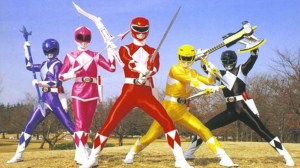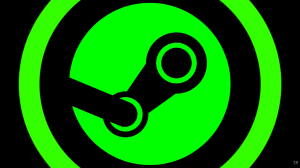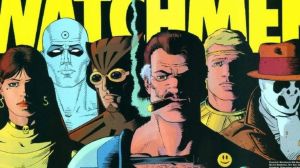
Written By: Brian Michael Bendis
Videos by ComicBook.com
Drawn By: David Marquez – Colored By: Justin Ponsor
When Civil War II was announced, I can see visions of comic fans en-masse rolling their eyes, convinced that it would be a tired rehashing of the previous blockbuster series by Mark Millar and Steve McNiven.
Those fears turned out to be unfounded.
While there are two conflicting sides and a splintering of Marvel’s heroes is indeed coming, Civil War II feels very different from its predecessor in tone alone. Marvel learned from its film adaptation and isn’t clearly vilifying Tony Stark or Carol Danvers, though they did put Stark in the less controversial role this time around. They even reference his past issues with Captain America in one great scene, where Cap asks him what his thoughts are, which Stark responds to by saying: “Nope. Uh-Uh. I’m not going to have a morality debate with you, Steve. Those never end well for us.” Little moments like that happen a lot in this book.

The crux of Civil War II is a mutant named Ulysses, a newly discovered Inhuman who has visions of the future. The Inhuman royal family finds him and trains him to get the most out of these glimpses, and at the beginning of the book the heroes of earth see just how useful that power can be.
The fundamental argument here is one of information, and whether to utilize it or not. Captain Marvel points out that Iron Man is a futurist, but as he explains, that also means he carries a respect for the future timeline, and doing things to alter it without restrictions can lead to bad things. Brian Michael Bendis does a fantastic job or illustrating the stakes at the beginning of the book and towards the end (Heavy Spoilers from here on out), showing both extremes in action.

It’s at this point that sides start to form, with Tony fully against the use of Ulysses abilities to prevent future attacks, and Carol so far in the other camp that she literally offers Ulysses a job with the Ultimates, much to Tony’s dismay. At that point, it’s easy to understand why Danvers is so enthusiastic, as his help resulted in them preventing catastrophic losses, but as Tony points out, it’s easy to lose the line. She counters with “it was good enough for you yesterday”, which again, makes an excellent point. This type of back and forth banter happens throughout the issue.
The longtime Avenger War Machine (James Rhodes) is lost to one of those extremes, however, and while it serves to illustrate Tony’s original point, it feels more connected than just a plot device to get him angry. Much of that credit goes to David Marquez and Justin Ponsor’s stellar artwork on the book. Every emotional beat is beautifully rendered, and even though the moment doesn’t have that long to breathe, you can’t help but feel Tony’s pain.

While the loss of Rhodes is bad enough, Captain Marvel is just as battered by the possible loss of She-Hulk, but it isn’t just the cliffhanger survival of her friend that makes Jennifer Walter’s last moments important. Her last words ” It’s our future Carol. Not his. Fight for it” gives the reader a tangible motivation for Captain Marvel’s future actions. Bendis is at his best when writing characters that have long personal histories, and his handling of Carol and Tony is no different. If you’ve ever been in an argument with a close friend, you know that those words just don’t ever seem to come out right, and there are multiple moments in their ending exchange that just make you say “oof, that was rough.”

Civil War II contains all the standards of the typical event book. It has conflict, death, a new power at the center of it all, and high stakes, but the creative team is able to rework those familiar elements into a compelling package, and thankfully the story presents two clear ideas that fans can genuinely get behind.
Rating: 4 out of 5








